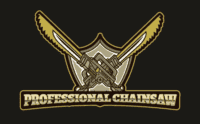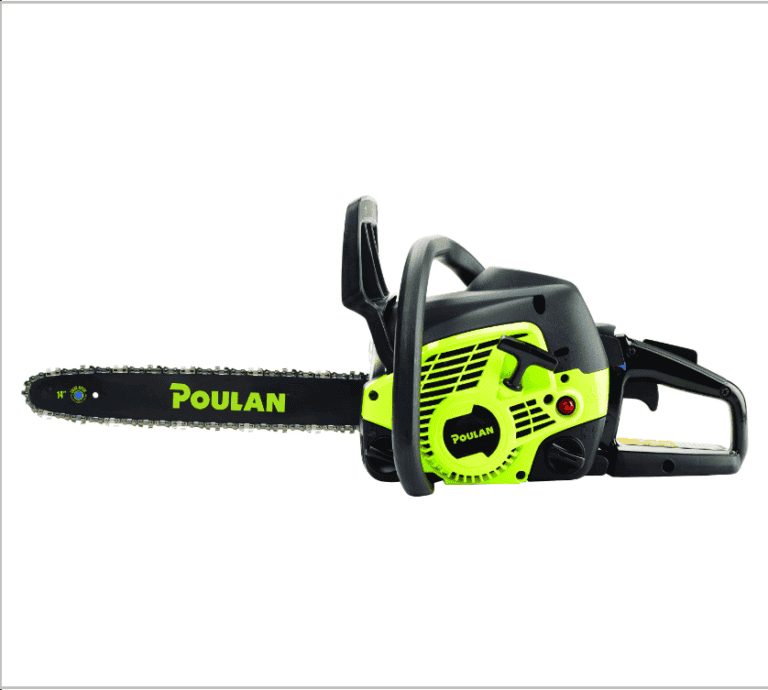
Stihl vs Husqvarna, When it comes to outdoor power equipment, few brands stand out as prominently as Stihl and Husqvarna. Both companies have a long history of producing high-quality chainsaws, trimmers, and blowers, earning the trust of professionals and homeowners alike. This article will delve into a detailed comparison of Stihl and Husqvarna, examining their chainsaws, trimmers, and blowers to help you make an informed decision for your landscaping needs.
1. Chainsaws
1.1 Stihl Chainsaws
Stihl has been a key player in the chainsaw market for over 90 years, and their chainsaws are known for their reliability and performance. They offer a wide range of models suitable for various applications, from lightweight homeowner saws to powerful professional-grade machines. Stihl chainsaws are equipped with innovative features, such as the Quick Stop chain brake, which enhances safety during operation.
1.2 Husqvarna Chainsaws
Husqvarna, with a history dating back to the 17th century, is another well-respected name in the chainsaw industry. Their chainsaws are engineered to be powerful, durable, and ergonomic. Husqvarna offers a diverse selection of chainsaws, catering to both occasional users and experienced professionals. Some models come with an inertia-activated chain brake for added safety.
1.3 Stihl vs. Husqvarna Chainsaws
When comparing Stihl and Husqvarna chainsaws, there are several factors to consider:
1.3.1 Power and Performance
Both Stihl and Husqvarna offer chainsaws with impressive power and cutting performance. Stihl’s chainsaws are known for their excellent power-to-weight ratio, making them nimble and efficient during operation. Husqvarna chainsaws, on the other hand, often excel in terms of raw power, making them ideal for heavy-duty cutting tasks.
1.3.2 Durability and Build Quality
Both brands have a reputation for producing durable chainsaws built to withstand tough conditions. Stihl uses high-quality materials and precision engineering, ensuring their chainsaws can handle frequent and demanding use. Husqvarna also employs robust construction, creating chainsaws that can endure the rigors of professional applications.
1.3.3 Ergonomics
Comfort is crucial during prolonged chainsaw use, and both Stihl and Husqvarna place emphasis on ergonomics. Stihl designs their chainsaws with user comfort in mind, featuring anti-vibration systems and well-balanced designs. Similarly, Husqvarna incorporates ergonomic features, such as adjustable handles and low vibration levels, to reduce operator fatigue.
1.3.4 Price
Price is often a significant factor in any purchasing decision. Stihl chainsaws are generally considered to be on the higher end of the price spectrum, reflecting their quality and performance. On the other hand, Husqvarna offers a range of chainsaws at various price points, providing options for different budgets.
1.3.5 After-Sales Support and Warranties
Both Stihl and Husqvarna have established networks of dealers and service centers worldwide, ensuring customers have access to support and spare parts when needed. Additionally, they offer limited warranties on their chainsaws, providing peace of mind to consumers.
2. Trimmers and Weed Eaters
2.1 Stihl Trimmers
Stihl’s line of trimmers, often referred to as weed eaters or string trimmers, enjoys the same reputation for quality and performance as their chainsaws. Stihl trimmers come in various designs, including gas-powered and battery-powered options. They are equipped with durable cutting heads and feature ergonomic handles for comfortable use.
2.2 Husqvarna Trimmers
Husqvarna’s trimmers are equally renowned for their reliability and versatility. Like Stihl, Husqvarna offers a range of gas-powered and battery-powered trimmers to cater to different user preferences. Husqvarna trimmers are designed to deliver precise cutting and are built to withstand frequent use.
2.3 Stihl vs. Husqvarna Trimmers
When comparing Stihl and Husqvarna trimmers, several factors should be considered:
2.3.1 Power Source
Both brands provide gas-powered and battery-powered trimmers. Gas-powered trimmers offer longer runtime and are suitable for heavy-duty tasks, but they tend to be noisier and require more maintenance. Battery-powered trimmers, on the other hand, are quieter and more environmentally friendly, though they may have limitations in runtime for prolonged use.
2.3.2 Cutting Performance
Stihl and Husqvarna trimmers are designed to deliver efficient cutting performance. The cutting width, line feed system, and power output all contribute to how well they tackle different types of grass and weeds. Users should consider the specific needs of their property to determine which trimmer suits them best.
2.3.3 Weight and Ergonomics
Comfort is crucial when using trimmers, especially for extended periods. Both Stihl and Husqvarna focus on ergonomics to reduce operator fatigue. Lightweight designs and adjustable handles are common features in their trimmer offerings.
2.3.4 Price
As with chainsaws, price is an essential consideration for trimmers. Stihl trimmers, known for their performance and durability, might come with a higher price tag. Husqvarna trimmers, while still offering good quality, often provide more budget-friendly options.
3. Blowers
3.1 Stihl Blowers
Stihl’s lineup of blowers includes handheld and backpack models, designed to tackle various tasks, from clearing leaves in the yard to professional landscaping needs. Stihl blowers are renowned for their powerful airflow and fuel efficiency, making them popular among homeowners and professionals alike.
3.2 Husqvarna Blowers
Husqvarna’s blowers are also available in handheld and backpack configurations, offering a similar range of applications. Husqvarna focuses on creating blowers with high air velocity and low noise levels, ensuring they get the job done effectively without disturbing the surroundings.
3.3 Stihl vs. Husqvarna Blowers
When comparing
Stihl and Husqvarna blowers, certain aspects should be evaluated:
3.3.1 Airflow Power
Both brands boast powerful blowers capable of handling leaves, debris, and grass clippings with ease. Stihl blowers may have a slight edge in terms of air velocity, making them suitable for heavy-duty tasks.
3.3.2 Fuel Efficiency
Stihl is often praised for its fuel-efficient engines, which help reduce operating costs and emissions. Husqvarna also places emphasis on eco-friendly features, ensuring their blowers comply with strict emissions standards.
3.3.3 Noise Levels
Quiet operation is a desirable quality in blowers, especially for residential use. Husqvarna designs its blowers with reduced noise levels, creating a more pleasant user experience.
3.3.4 Comfort and Ergonomics
Both Stihl and Husqvarna prioritize user comfort in their blower designs. Adjustable handles, padded straps, and ergonomic controls are common features in their products.
3.3.5 Price
As always, price plays a role in the decision-making process. Stihl blowers, known for their performance and engineering, may come with a slightly higher price compared to Husqvarna blowers.
Conclusion
In the battle of Stihl vs. Husqvarna, it is evident that both brands offer exceptional chainsaws, trimmers, and blowers. Your choice between the two will ultimately depend on your specific needs, budget, and personal preferences.
If you prioritize a brand with a long history and reputation for top-notch performance, Stihl could be the right choice for you. On the other hand, if you are looking for a brand with a wide range of offerings at various price points, Husqvarna might be the better fit.
Ultimately, it is recommended to visit local dealers, try out the equipment, and seek advice from professionals to make an informed decision. Remember that both Stihl and Husqvarna have established themselves as trusted names in the outdoor power equipment industry, ensuring that whichever brand you choose, you’ll be getting a quality product to help you tackle your landscaping tasks with ease.







